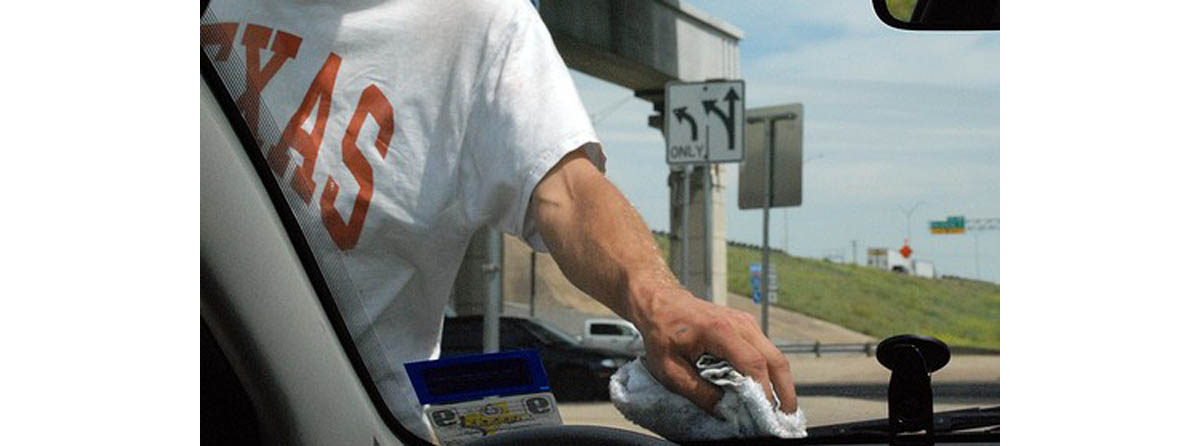In the United States, for the last 50 years healthcare has been insured by private insurance plans, Medicare, and Medicaid. As many as 48 million Americans have not been covered by either of the two major government plans or private insurance, and as many as 42 million will be able to get insurance, assuming the healthcare exchanges work out their enrollment issues, under provisions of the Affordable Care Act.

Who Isn't Going to Be Covered by Obamacare?
The people who aren't going to get insurance under the Affordable Care Act are the working poor. These are people who aren't old enough to get Medicare, who aren't poor enough (earning as little as $2,200 per year under some state rules) to get Medicaid, and who don't earn enough to pay the $6500 per year deductible plus the $120 to $1200 monthly premiums for Obamacare policies without federal subsidies.
Who Is Getting Help with Their Health Insurance?
Rather than creating a single-payer system like the more successful healtcare programs in Canada and the United Kingdom, the United States chose to expand existing healthcare coverage to more people.
Although there was considerable discussion of "Medicare for all," eliminating the age requirement for enrollment in this popular and generally successful healthcare program for Americans over the age of 65, it was the Medicaid program, the healthcare program for the poor that actually was targeted for expansion, along with a system of premium subsidies for people in the middle class.
Individuals who earn at least about $15,000 per year up to about $45,000 per year get help paying their premiums, as do families earning up to about $94,000 per year (for a family of four).
Who Isn't Getting Help with Their Health Insurance?
Some states accepted the hundreds of billions of federal dollars provided under the new law to make health insurance available to all their citizens without having to spend any state tax revenues at all for at three years, and other states, led by Republican governors or governed by Republican legislatures, turned down the federal tax dollars for which their citizens will still pay taxes and barred the working poor from any kind of new health insurance.
Why Would States Reject Hundreds of Billions of Dollars to Take Care of the Working Poor?
The most common reason Republican governors give for rejecting the expansion of Medicaid in their states is that while the expansion program is free now, it will cost money later. That is true.

After 2016, states will be expected to cover 10% of the cost of insuring their own working poor. The federal government will continue to provide 90% of the cost of Medicaid expansion even after the three-year introductory period.
Ironically, states often wind up paying the bill for emergency care under their own indigent healthcare programs, on which they spend more and more each year. But these programs strictly limit how much the state helps any given person, typically $10,000 to $40,000 per year (less than the usual cost of a single hospital stay, even for a couple of days), and usually only help people who have assets of less than $2,000, who earn less than $200 to $700 per month, and who are otherwise labeled as disabled.
Non-cash income also counts against these limits.
Eating your meals at a homeless shelter and sleeping in the park would make you too rich for assistance in Kansas.
Where Will the Greatest Number of People Miss Out on Obamacare?
Texas has the greatest number of residents without health insurance of all the states in the United States. Because it has rejected Medicaid expansion, people who can't prove they are earning more than $15,000 per year will be automatically rejected from the program. Economists estimate that 1 million Texans who work and earn too little to pay premiums and too much to get Medicaid (generally, more than $453 a month) will be left uninsured even when coverages starts in 2014.
Mississippi has the greatest percentage of residents without health insurance of all the states of the United States. In Mississippi, 37% of the population does not have health insurance.Alabama has 36%, Louisiana has 34%, and South Carolina has 33%.
Over three-quarters of a million people in Florida don't have health insurance. Florida has also rejected Medicaid expansion.
Is the Situation Hopeless for the Working Poor in States that Have Rejected Medicaid Expansion?
States can choose to enter the Medicaid expansion program at a later date. There are some indications that this may happen in Texas when its current governor leaves office in 2015. However, until that time, the working poor are limited to getting their care at free clinics, which aren't available everywhere, and at emergency rooms, creating thousands or tens of thousands of dollars of debt they cannot pay, ruining their credit records, and that the states often will have to reimburse--without federal help.
- Foley M. These are the Americans Obamacare Forgot. Wall Street Cheat Sheet. http://wallstcheatsheet.com/stocks/these-are-the-americans-obamacare-forgot.html/?a=viewall. 19 October 2013. Accessed 19 October 2013.
- Photo courtesy of Jason Kuffer by Flickr : www.flickr.com/photos/digiart2001/2129483195/
- Photo courtesy of Chelsea Gomez (Oakes) by Flickr : www.flickr.com/photos/pyxopotamus/3445561875/

